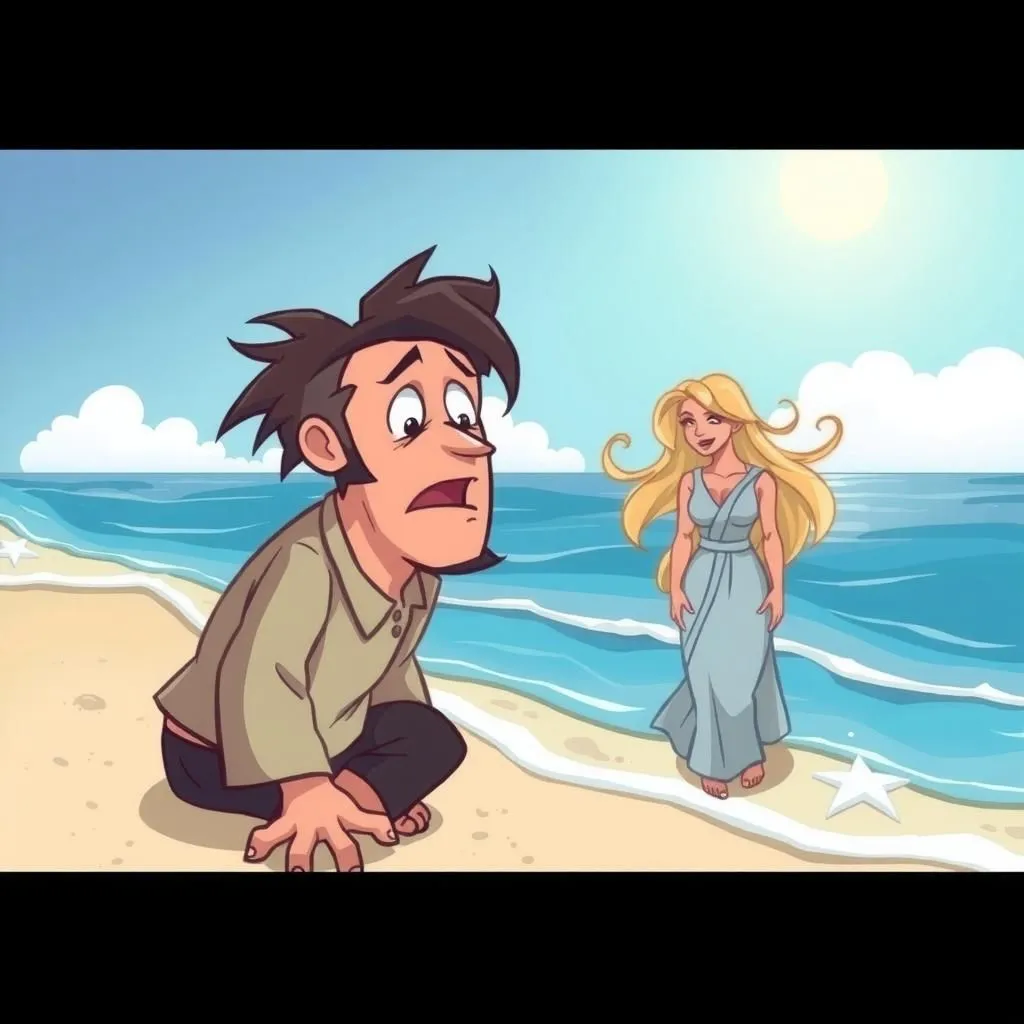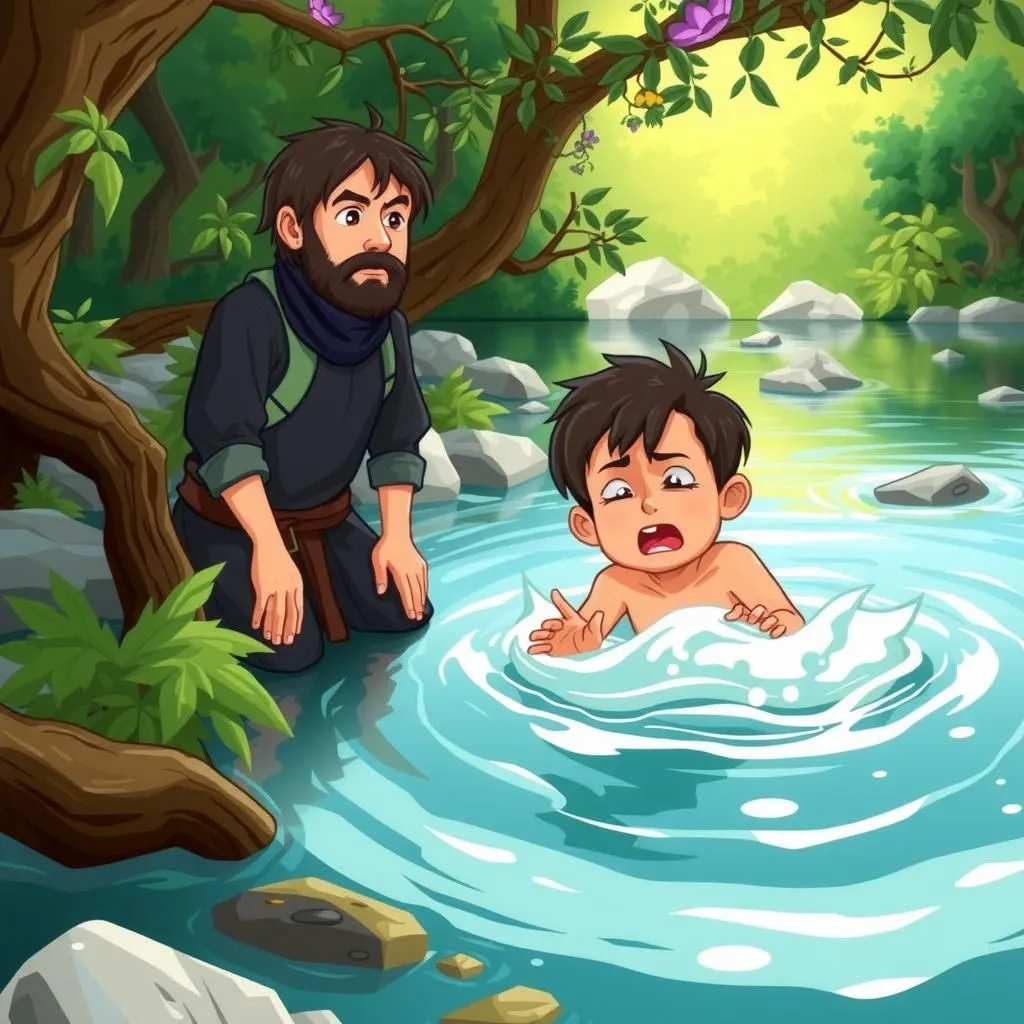
The Horse and the Ass
In the humorous story "The Horse and the Ass," a rude horse ignores his overloaded companion's pleas for help, only to find himself burdened with the entire load when the ass collapses. This motivational tale serves as an inspirational short story with a moral, highlighting the importance of sharing each other's struggles, lest we face the consequences alone. Ultimately, it reminds us that in the top 10 moral stories, the lesson is clear: neglecting the troubles of others can lead to our own downfall.


